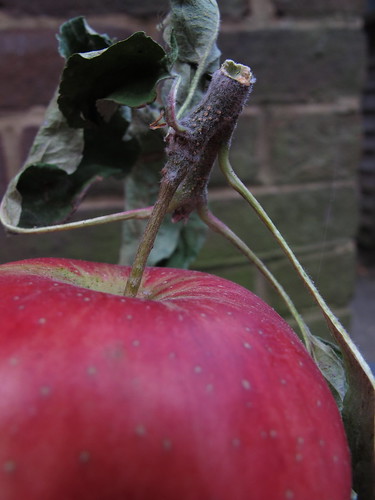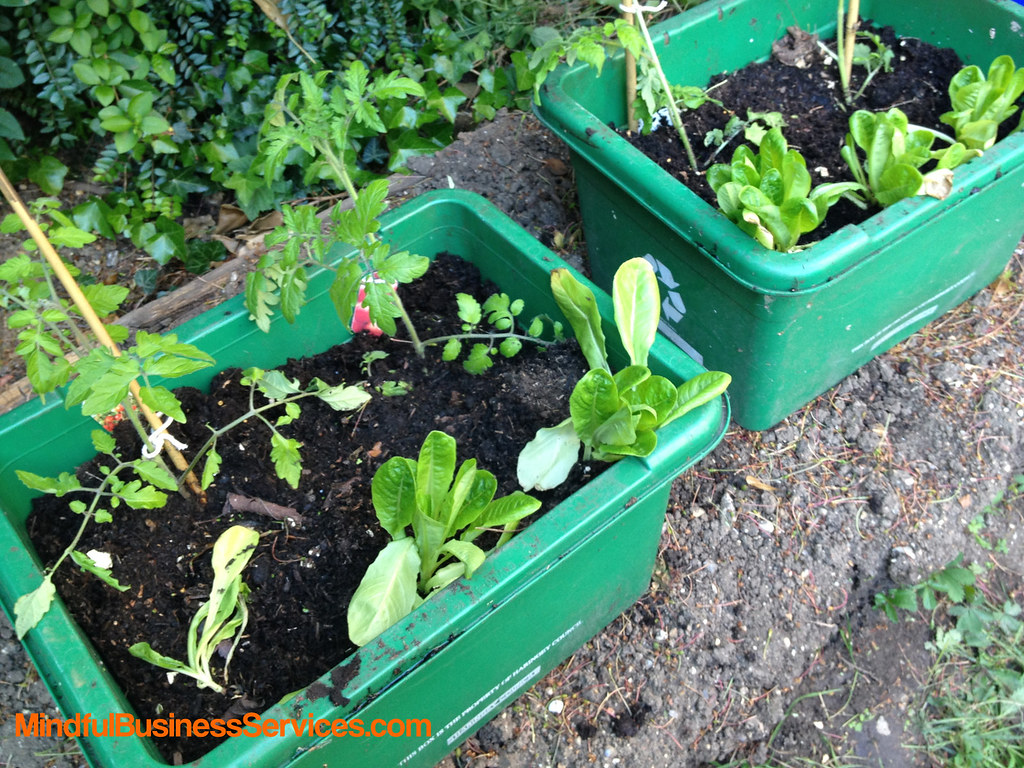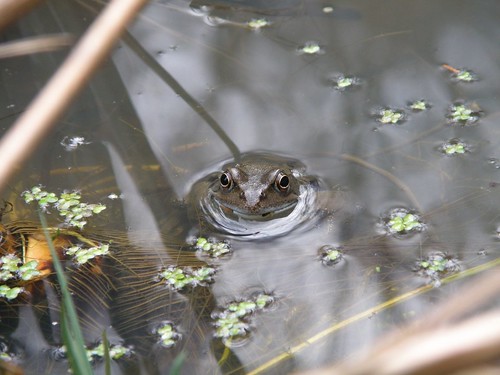Fruit of the Spirit
So many of my memories of Christmas include food. There are baked goods, savoury dishes, seasonal treats and of course the nuts and satsuma or orange in the toe of my stocking.
When I’ve managed to grow or produce something for the Christmas meal, or another meal during the seasonal period it adds another layer to the enjoyment.
Growing and Sharing Our Gifts
At Muswell Hill we needed to separate the main garden from the side steps that wound around a huge cherry tree (now sadly gone) which led to the Wardens accommodation, and had been deemed unsafe by OFSTED. We planted six apple and pear trees in a Belgium fence and I was tickled to discover that because we had more than five it counted as an orchard.

The garden was used not only by the nursery but by a range of groups.
It had raised beds for vegetables and a couple of plum trees as well. So many people told me how much seeing food growing had fascinated them or someone with them – who didn’t realise that xxx grew like that, or how nice xxx tasted or smelled when fresh.
So many people don’t have access to outdoor space, or gardening isn’t something that has occurred to them. COVID 19 lockdowns saw an upswelling of people getting interested in gardening and realising the many benefits.
After a leisurely and useful preparative meeting, Friends sat at a long table in the children’s room to enjoy supper together. We depend on those who till the soil, and tend the produce which forms our daily food, so it was good to remember them in thankfulness and for us to eat in fellowship the food mutually contributed, prepared and served. It was sacramental, in the sense in which Friends so profoundly believe. We spoke of those unable to be present, so that there was a sense of the entire meeting gathering in community. This feeling of community pervaded the weekend. In preparative meeting the allotment committee reported and outlined plans for an orchard in the upper section of our ground; the fruit may not remain to be gathered by us but the blossoms will gladden everyone. The entire ground is in our care: allotments, burial ground, lawns, and we see it as one unit together with the meeting house which it surrounds. Yet true significance lies not in the grounds and buildings but in the people: those who tend the flowers, the grass and the allotment; members of the poetry group (some of whom gave pleasure by readings after supper); the study groups; the gathering of younger people; those whose activities lie in other places… The gravestones speak of the past, of those who also served the meeting, whose lives are woven into ours, as ours will affect those still to come.
William G Sewell, 1977 Qf&p 10.08


Inviting the Community In
At Uxbridge during an Open House Festival weekend we had a visitor who said they’d been eating their lunch in our garden for nearly a decade and never ventured inside.
Another Meeting allowed the local Catholic Workers and refugee groups to use the burial ground to grow crops, but also share seeds and stories of gardens now far away.
Another Meeting hosted an annual apple identification festival and plant/seed swap in partnership with other local groups.
There are many different ways to share our concern for the environment and our spaces with all members and attenders no matter their age and abilities. Inviting our local communities into our space is the gentlest form of outreach.
How do you share your fruit?

Wendrie Heywood
MBS Founder






